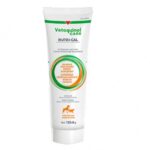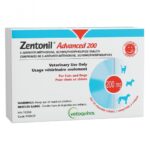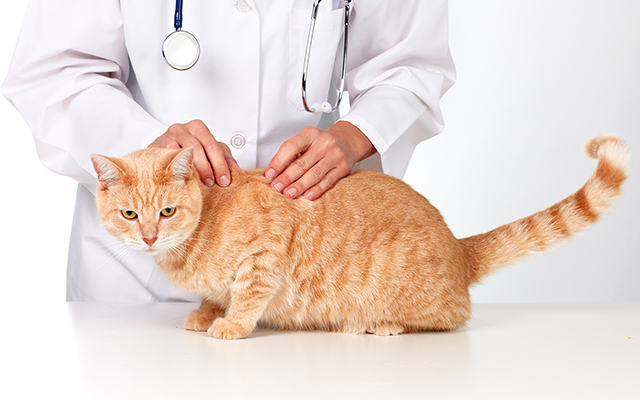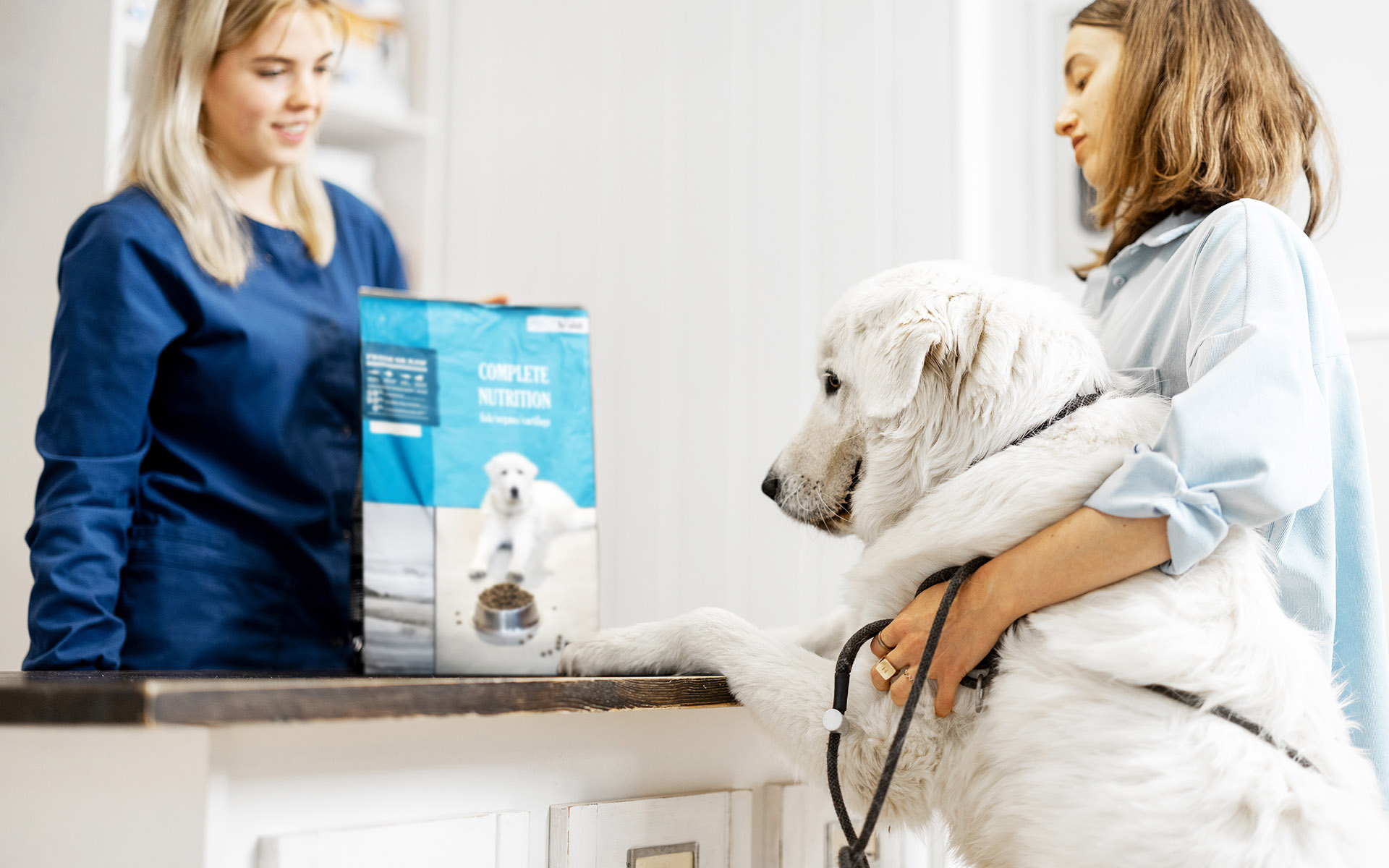Parasite prevention helps protect your pet from fleas, ticks, mites, worms and other critters that may transmit serious diseases, some of which can infect humans. While some pet owners think winter’s cold temperatures mean they can skip a few months of medication, the American Veterinary Medical Association still recommends year-round, broad-spectrum parasite control. Here are just a few reasons why.
1. Many parasites can survive during winter.
Parasites are much more resilient than many people realize and have found multiple ways to adapt to even the coldest Canadian winters. Ticks and immature fleas can remain dormant underneath the cover of snow and dead leaves to endure freezing temperatures. Some parasites can cling to urban and country wildlife for sustenance and to benefit from their host’s body warmth. And whenever temperatures rise above 4°C for just a few hours—a common event in December or March—ticks resume hunting for food.
2. You won’t have to guess when to start or stop parasite prevention.
If you decide to suspend parasite prevention during the coldest months, when exactly should you stop and start? Heavy snowfalls during a cold November are no guarantee of a White Christmas. And considering Punxsutawney Phil’s poor accuracy rate of just 36% on Groundhog Day, predicting spring’s arrival is no easier. Year-round parasite prevention removes the risk of guessing wrong and exposing your pet to avoidable danger.
3. Parasite prevention becomes part of your monthly budget.
Budgeting your pet expenses for the whole year helps you figure out how much you should set aside each month to cover them. Including parasite prevention as part of your calculations helps you plan for it, so you won’t find yourself facing an unexpected bill at any point during the year.
4. Parasite prevention is usually cheaper than treatment.
According to the Ontario Veterinary Medical Association, parasite prevention costs an average of $241 per year for dogs and $135 per year for cats. Once you commit to a specific product, you know exactly how much you need to spend to keep your pet, your family and your home parasite-free. But if your pet gets infected, how much will the extra trips to the veterinary clinic and medication cost? How about cleaning products and hiring an exterminator to remove all fleas from your house? The costs can quickly add up.
5. Ridding your house of parasites can be even more challenging during winter.
Fleas are persistent. Each female flea can lay up to 50 eggs per day, which can hatch as larvae just two days later and hide in hard-to-reach places like carpets, fabrics and cracks in the floor. It can take several months of intensive vacuuming, steam cleaning and washing all bedding and cushions to completely rid your house of fleas. If it’s too cold to send your family members and pets outside while you do so, the task gets more complicated. Similarly, you can’t use chemical treatments, such as flea spray, while pets and people remain in the house.










